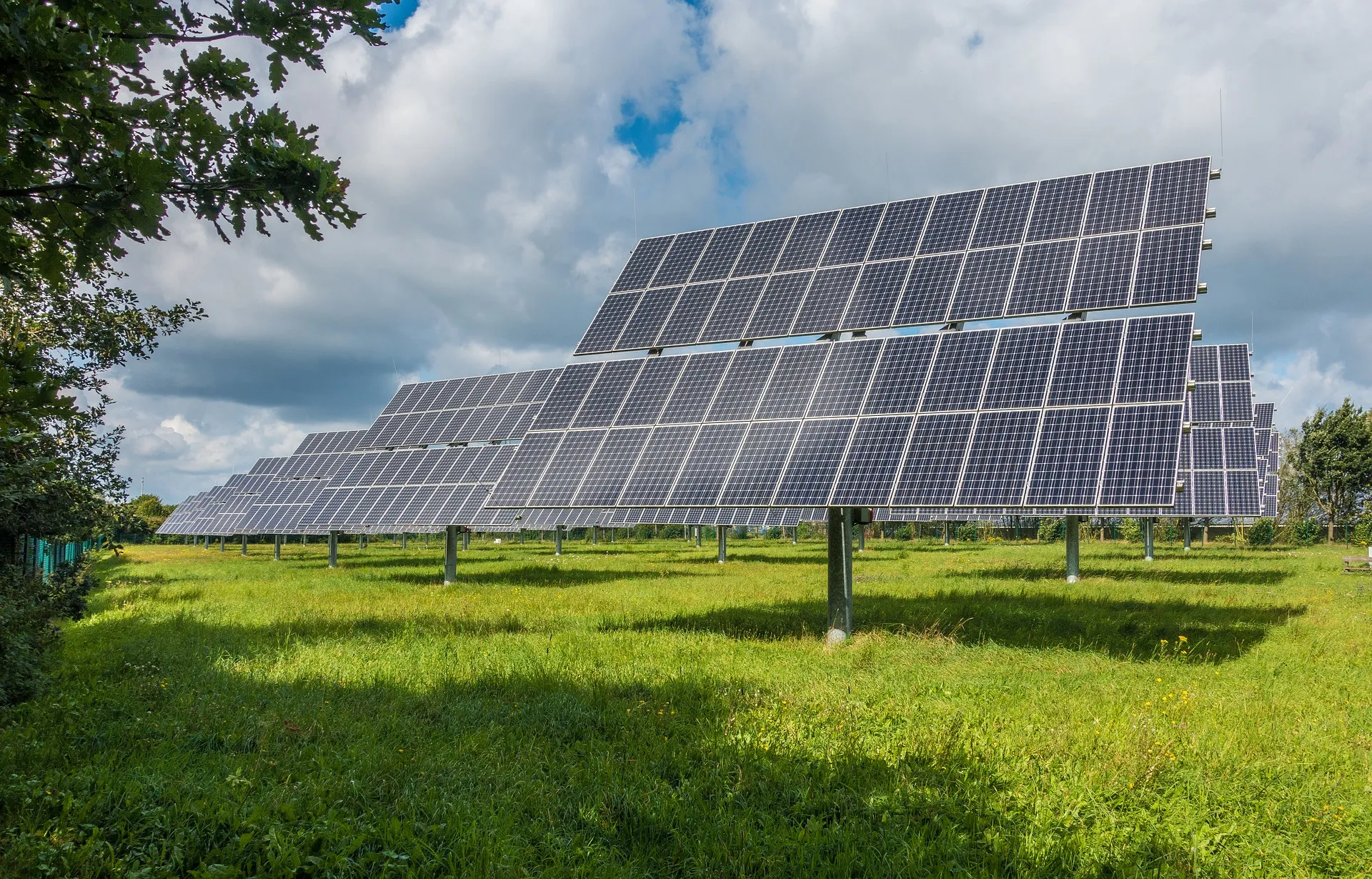Did you know that solar energy currently powers approximately 2.8% of the electricity in the United States? This is due to the solar panels installed in 2022- powering approximately 22 million homes in the country.
Yes, you read it right!
Homeowners, nowadays, are embracing renewable resources, particularly solar energy, to reduce their carbon footprint. This conscious effort to build a sustainable future offers a golden opportunity for project developers to thrive in the solar property development industry.
But that’s not all! There are several other advancements and opportunities that developers can benefit from. To know what these exciting prospects of solar property development are, read on!
Financial Incentives and Tax Benefits
As you may already know, financial incentives and tax benefits are vital in promoting solar property development. These projects often require huge investments for successful setup and energy production. Apparently, spending such a massive amount of money is not feasible for developers.
In such scenarios, they can take advantage of various financial incentives and tax benefits. These incentives can significantly reduce the upfront costs of the projects, making them more financially attractive.
One significant incentive developers can reap benefits from is ITC Tax Credit given by the federal government. It allows businesses to deduct a percentage of their solar project costs from their federal taxes, reducing the tax burden.
Nevertheless, you must know that the ITC is subject to change and may decrease or phase out over time. So, you must stay current with federal policies and develop your project accordingly.
Integration of Smart Technologies
Gone are the days when using solar panels was simply about installation and hoping for the best. With the integration of smart technologies, solar property development has reached new heights of efficiency and optimization.
Now, there are smart inverters and smart meters that enable real-time monitoring and control of solar systems. These intelligent devices can adjust the output of solar panels based on environmental conditions, maximizing their performance.
Additionally, homeowners can access detailed information about their energy consumption and production. This allows them to make informed decisions about energy usage. They can further conduct energy audits to learn what is consuming the most energy and accordingly take measures to reduce the consumption. Overall, this offers developers and homeowners greater control, efficiency, and the ability to harness the full potential of solar energy.
Regulatory Changes Promoting Solar Property Development
In response to the increasing recognition of sustainable development, governments worldwide are revising and adapting their policies to encourage the advancement of green projects. And solar property development is no exception to this.
In simple terms, the government is setting progressive targets for renewable energy generation and implementing policies such as streamlined permitting processes and simplified regulations.
These changes make it easier for developers to obtain necessary approvals and licenses, reducing the barriers to entry in the solar property development industry. Nevertheless, these policies and regulations keep on changing.
That’s why it’s important that you stay updated with the advancements and contribute to a cleaner and more sustainable future.
Social Impact of Solar Projects on Local Communities
Solar projects have a great impact on local communities in several ways. By harnessing solar energy, these projects contribute to a cleaner environment and improved air quality. They reduce dependency on fossil fuels, reducing greenhouse gas emissions and cushioning the effects of climate change.
This cleaner environment further promotes healthier communities by reducing the health risks related to pollution. On top of all this, solar property development creates job opportunities at various stages, from installation to maintenance, stimulating the local economy.
Solar energy can also address energy poverty by providing affordable and reliable electricity to underserved areas, empowering communities with access to clean energy. That means solar projects have a positive social impact, enhancing the well-being and sustainability of local communities.
Skills and Workforce Development
Stating the obvious, setting up solar projects requires skills and knowledge. Only then you can ensure that the solar systems are designed, installed, and maintained accurately. This creates an excellent opportunity for individuals interested in pursuing careers in renewable energy.
Long story short, by acquiring the right skills and knowledge, one can enter this rewarding field and contribute to the transition toward a sustainable future. There are various educational programs and training initiatives that can help boost the skills of interested workforce.
In fact, you can also set training sessions for your project staff to ensure they have the appropriate and advanced knowledge about industry trends. During these sessions, you can cover topics like solar panel installation, system design, electrical wiring, and maintenance.
All of this will help meet the growing demand for solar energy and ensure the project’s success.
To Sum It All Up
All the advancements and opportunities discussed above make solar property development an increasingly attractive industry for developers. It contributes to the environment, benefiting society and providing yield to businesses.
Moreover, with the rising demand for renewable energy and the conscious effort to reduce carbon footprint, solar property development presents a golden opportunity for you. By embracing this industry, you can thrive financially and contribute to building a sustainable future.
Author Bio:
Erika Cruz works with Outreach Monks as a senior content writer with expertise in the real estate niche. With her 7 years of experience, she aims to provide readers with the latest development in the field. With a keen eye for detail and a commitment to delivering high-quality content, she consistently exceeds client expectations.

